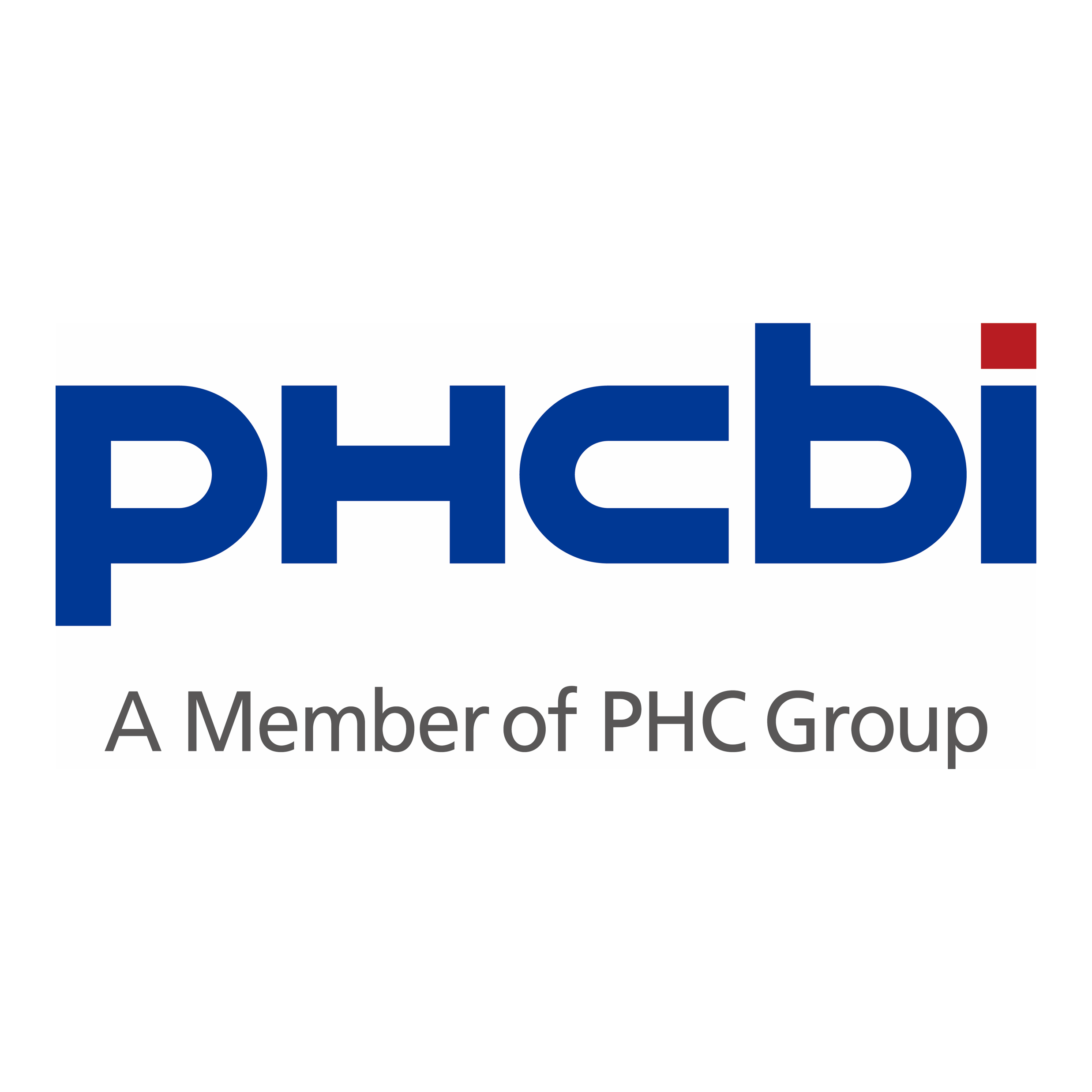Today, a brief rundown of news from Metsera and Novartis, as well as updates from Sanofi and Wave Life Sciences that you may have missed.
Obesity drug startup Metsera on Tuesday reported its first clinical data since launching in April with $290 million in venture funding. The data come from a Phase 1 trial of a drug, MET-097, that’s designed to have longer-lasting effects than injectable GLP-1 therapies like Novo Nordisk’s Wegovy. The results show that a weekly administration of the highest dose tested stimulated weight loss of 7.5% over 36 days, “matching, or potentially exceeding,” currently marketed and investigational anti-obesity medications, Metsera chief medical officer Steve Marso said in a statement. Metsera claimed the findings are supportive of once-monthly dosing and will start mid-stage trials in the fourth quarter, with results expected next year. — Jonathan Gardner
An experimental Duchenne muscular dystrophy drug from Wave Life Sciences produced levels of dystrophin, the key protein patients lack, that Wall Street analysts believe to be competitive with marketed medicines from Sarepta Therapeutics and NS Pharma. Wave said Tuesday that the therapy boosted dystrophin production among participants in a Phase 2 trial by an average of 5.5% or 9%, depending on the analysis method, after 24 weeks. That result “exceeded the bar for efficacy,” wrote Mizuho Securities analyst Salim Syed. The company intends to discuss the possibility of an accelerated approval with regulators and disclose the outcome of those talks, as well as final results from the trial, next year. Shares climbed by about 20% in early trading Tuesday. — Ben Fidler
Meanwhile, shares of Capricor Therapeutics surged roughly 40% Tuesday after the company disclosed plans to seek U.S. approval of a drug it’s been developing for Duchenne patients with cardiomyopathy. According to Capricor, the filing will be based on results from studies it's already run, as well as historical data, and should be completed by the end of the year. The company’s also broadening an ongoing Phase 3 study in the hopes of gaining clearance to treat people with skeletal muscle myopathy as well. — Ben Fidler
Novartis will pay Generate Biomedicines, a biotechnology startup incubated by Flagship Pioneering, $65 million upfront in a deal to discover and develop protein drugs across multiple disease areas, the companies said Tuesday. Through the alliance, Novartis aims to identify new medicines by tapping into a machine learning platform that Generate claims can speed up drug development timelines. The Swiss pharma is buying $15 million in Generate equity through its upfront payment, and could add up to $1 billion in performance-based payouts, as well as royalties, to the deal. — Ben Fidler
Sanofi on Monday agreed to make a $27 million strategic investment in Ventyx Biosciences in a deal that also hands the French pharmaceutical company an exclusive option to negotiate for rights to one of the biotech’s drug candidates. The deal gives Sanofi almost 71,000 preferred Ventyx shares, each of which can be converted into 100 shares of common stock, as well as first dibs on an experimental medicine Ventyx has been testing in Parkinson’s disease and obesity. That drug blocks a protein complex called NLRP3, a strategy that’s attracted industry interest because of its potential to treat a range of conditions. — Delilah Alvarado













